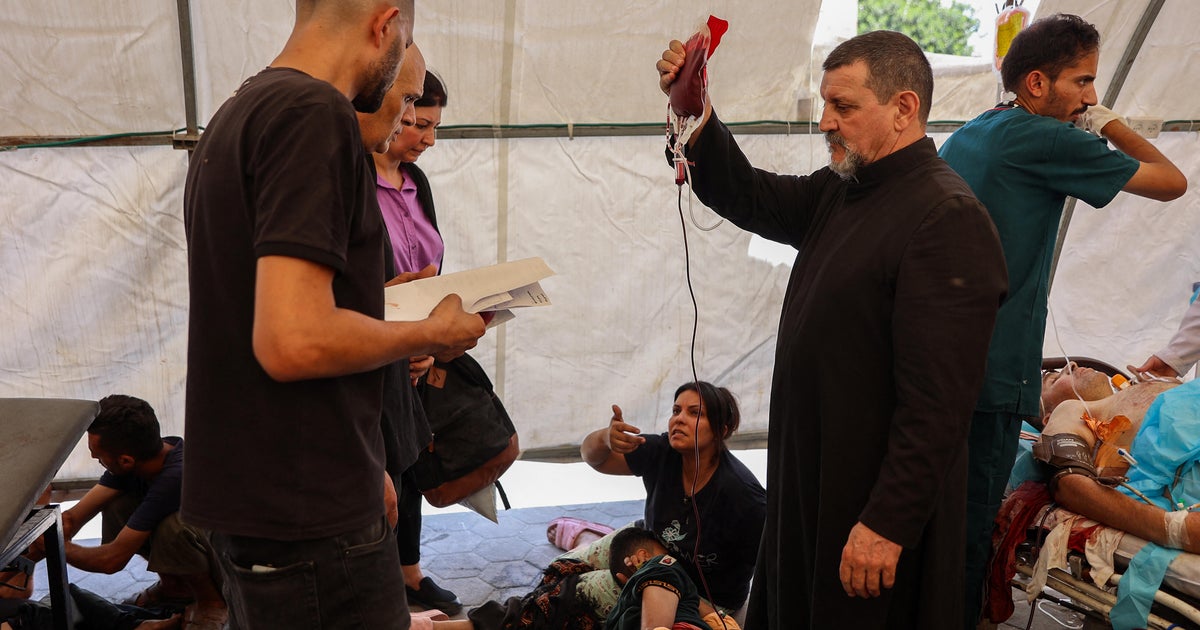Israel Bars UN Agency Heads from Gaza, Citing Humanitarian Concerns

Israel Restricts UN Access, Raising Concerns for Gaza Aid Delivery
In a significant development impacting humanitarian efforts in Gaza, Israel has reportedly declined to renew visas for the heads of at least three United Nations agencies operating within the territory. This decision, announced recently, has drawn criticism from the United Nations, with its humanitarian chief directly linking the visa denials to the agencies' work in protecting Palestinian civilians amidst the ongoing conflict.
The affected agencies are crucial in providing essential aid and support to the Gazan population, grappling with a severe humanitarian crisis exacerbated by the recent hostilities. Their work encompasses a wide range of services, including food distribution, medical assistance, shelter provision, and protection for vulnerable groups, particularly women and children. The visa denials raise serious questions about the future of these vital operations and the potential impact on the lives of millions of Palestinians.
UN Response and Concerns
The United Nations has expressed deep concern over Israel's decision, emphasizing the critical role these agencies play in delivering life-saving assistance and upholding international humanitarian law. The UN humanitarian chief stated that the visa denials appear to be a direct consequence of the agencies' efforts to document and mitigate the impact of the conflict on Palestinian civilians. This assertion suggests a potential attempt to restrict the UN’s ability to independently monitor and report on the humanitarian situation in Gaza.
“These actions severely impede our ability to deliver essential aid and protect vulnerable populations,” a UN spokesperson stated. “We urge Israel to reconsider its decision and allow our personnel to continue their vital work without undue restrictions.”
Israel's Justification
While Israel has not provided a detailed explanation for the visa denials, officials have suggested that the agencies in question have not fully cooperated with Israeli authorities and have allegedly failed to address concerns regarding their operations. Specific allegations remain unclear, but the Israeli government has maintained that it is committed to ensuring the safety and security of its citizens and will not tolerate any actions that jeopardize those interests. Some reports suggest scrutiny over the agencies’ adherence to protocols and transparency in their operations.
Impact on Humanitarian Aid
The potential consequences of these visa denials are far-reaching. A reduction in UN agency presence could severely disrupt the flow of humanitarian aid to Gaza, exacerbating the already dire situation. Aid organizations are warning of potential food shortages, increased health risks, and a breakdown in essential services. The timing of this decision is particularly concerning, as Gaza faces a critical period with limited resources and a growing population in need of assistance.
International Reactions
The international community has largely condemned Israel’s decision, with many countries calling for a swift resolution to the dispute. Human rights organizations have voiced concerns over the potential impact on the protection of Palestinian civilians and the ability of humanitarian actors to operate impartially. The situation is being closely monitored by international observers, who are urging both sides to engage in dialogue and find a mutually acceptable solution that prioritizes the needs of the Gazan population.
Looking Ahead
The future of humanitarian operations in Gaza remains uncertain. The visa dispute highlights the complex challenges faced by aid organizations working in conflict zones and the delicate balance between ensuring access and upholding security concerns. A constructive dialogue between Israel and the United Nations is essential to resolve this issue and prevent further disruption to the delivery of vital humanitarian assistance to the people of Gaza.





